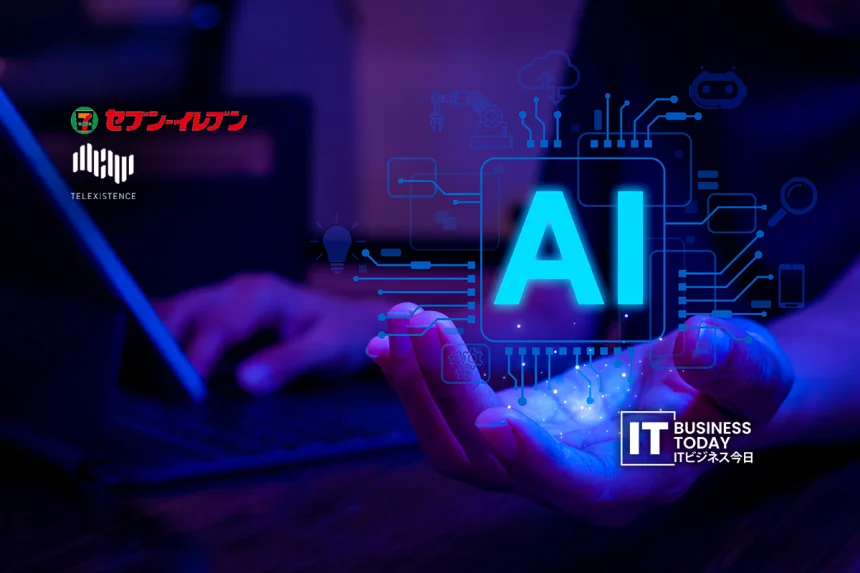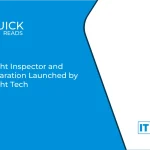株式会社テレクシスタンス(TX)と株式会社セブン-イレブン・ジャパン(SEJ)は株式会社セブン-イレブン・ジャパンと株式会社SEJは、ジェネレーティブAIを活用したヒューマノイドロボットの開発、検証、導入に関するパートナーシップを締結したと発表しました。プロジェクトの目的は、ヒューマノイドロボット「Astra」の開発。このロボットは、VLA(Vision-Language-Action)基盤モデルを使用します。目標は、2029年までにアストラをセブン-イレブンの店舗に配備すること。.
小売業の未来を形作る
TXとSEJは実際の店舗でAstraを使用しています。これにより、人件費の高騰や人手不足に取り組むことができます。同時に、顧客体験も向上します。店内のルーティンワークはロボットが管理します。これにより、従業員は人間だけが持つスキルに集中することができます。その結果、店舗はより魅力的になり、顧客にとって新たな価値が生まれます。
パートナーシップの背景と範囲
人手不足と課題は小売業を直撃 セブン-イレブン・ジャパン は自動化や省力化技術に資金を投入しています。今回の提携は、こうした取り組みに基づくものです。コンビニエンスストアのオペレーションを改善し、従業員の働き方を変えることを目指しています。
こちらもお読みください: アドバンスト・メディア、「ScribeAssist Standalone Summary」を発表
このコラボレーションは、3つの主要なイニシアチブを中心としています:
- 自動化可能な店舗業務を特定し、その効果をチェック。
- 実際の店舗環境を想定したヒューマノイドロボットの制作。
- 大規模なデータセットを収集することで、VLAモデルのトレーニングや配備を強化することができます。
AIロボット協会(AIRoA)とのパートナーシップは、データセットの開発を加速させます。また、AIを搭載したロボットの配備にも役立つでしょう。
AIRoAのリーダーは
- 早稲田大学 緒方哲也教授
- 東京大学の松尾豊教授
- トヨタ自動車株式会社
- TX
大規模な実世界モーションデータの活用
テレグジスタンス は、飲料補充ロボット「ゴースト」による大規模なデータ収集プラットフォームを運営しています。TXのプラットフォームとSEJの20,000店舗のネットワークを融合させることで、VLAモデルに無敵のトレーニングリソースを提供することができます。この知覚、計画、制御の融合は、ヒューマノイドロボットの利用を促進します。TXのプラットフォームとSEJの20,000の店舗網を融合させることで、VLAモデルのトレーニングリソースを提供することができます。








